Base Oil Interchange / Viscosity Grade Read-Across (BOI/VGRA)
The primary role of the ATIEL BOI/VGRA Committee is to oversee the development and maintenance of cost effective and technically robust interchange or ‘read-across’ guidelines for base oils and lubricant viscosity grades (VGRA). It is also responsible for revising and updating existing interchange guidelines as and when new engine tests are introduced or when new test data becomes available.
Interchange guidelines are a core element of the ATIEL Code of Practice, the voluntary industry code that describes the best practice and recognised procedures for developing and formulating engine lubricants that meet ACEA (European Automobile Manufacturer’s Association) requirements.
To meet evolving and ever-increasing performance and quality demands lubricant formulators are required to develop more complex lubricants, using a variety of base oil sources and components.
Interchange guidelines help reduce the number of engine tests needed to validate the use of alternative base stocks and viscosity grades when formulating engine oils that are able to meet the latest performance specifications set out by the ACEA Sequences.
Interchange guidelines are key, not only for avoiding unnecessary and expensive engine testing programmes, but critically for reducing new product development time.
This enables new lubricant formulations to be brought rapidly to market to meet consumers’ and manufacturers’ needs, while ensuring the absolute technical integrity and performance of the formulations.
The BOI/VGRA Committee has helped to establish robust processes and recognised industry protocols for the collection and statistical analysis of engine test data required for the development of technically robust interchange guidelines. As part of this, it undertakes significant interaction with key stakeholders including oil companies, lubricant additive suppliers, engine testing bodies and OEMs.
In some instances, where sufficient industry data are not available, it also undertakes engine testing on behalf of the lubricants industry to ensure the integrity of any interchange guidelines incorporated into the ATIEL Code of Practice.

